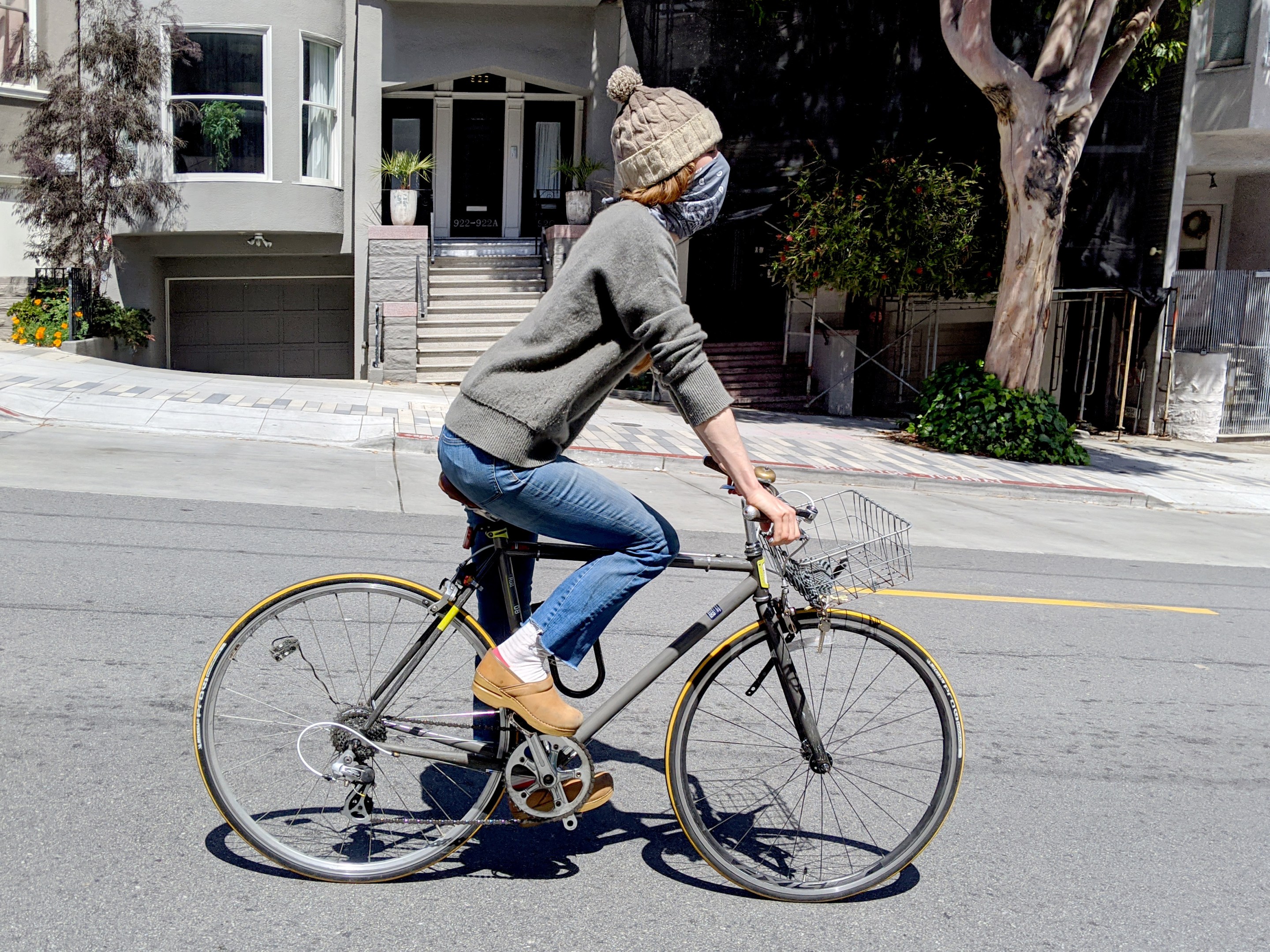Note: GJEL Accident Attorneys regularly sponsors coverage on Streetsblog San Francisco and Streetsblog California. Unless noted in the story, GJEL Accident Attorneys is not consulted for the content or editorial direction of the sponsored content.
With most Muni service temporarily cut back to core lines and severe cutbacks on BART and other transit services, it's growing increasingly difficult for essential, front-line workers to get where they need to go. In an attempt to address this, advocates and coders Stephen Braitsch and Sam Sadle put together "San Francisco Bike Match," an online service to connect those with an extra bike (or two or three) with first responders, grocery workers, nurses, doctors and other essential workers who need a set of wheels.

The endeavor is just getting underway, but already has "...five requests and three donations so far but I am hoping that will ramp up as soon as more cities come online," Braitsch told Streetsblog via email. "We’re partnering with Bikes Not Bombs to launch in Boston on Friday. Denver Streets Partnerships is also onboard, working through details with them now."
#bikematch is now in SF, thanks to long-time member + current @sfbike board member, @braitsch! If you know of someone who needs a bike to get around town, or you have an extra bike to donate, check out the site below! https://t.co/xc6v5IyhIJ
— SF Bicycle Coalition (@sfbike) April 10, 2020
Braitsch has already spoken with the San Francisco Bicycle Coalition, as seen in the tweet above. Other bike advocacy groups will also be lending a hand--or a bike. "There are a lot of orgs that are either thinking of doing this or are in the process of rolling their own bespoke solution," added Braitsch. "I’m trying to get ahead of that and get as many orgs as possible on our platform so we can build out a gallery that shows all of the connections we’ve made across the US."
Braitsch and Sadle aren't the only people trying to help essential workers by getting them bikes. Bay Area bike manufacturer Specialized has pledged to donate at least 500 new bikes directly to healthcare workers, grocery store clerks, farmers, and other critical employees. More on that story from Streetsblog USA.






